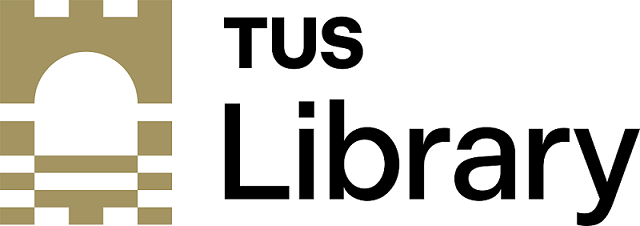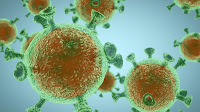 |
| Image by Dariusz Sankowski from Pixabay |
It is the age of international science cooperation. After just over a month, 164 articles could be accessed in PubMed on COVID19 or SARSCov2, as well as many others available in repositories of articles not yet reviewed. They are preliminary works on vaccines, treatments, epidemiology, genetics and phylogeny, diagnosis, clinical aspects, etc.
These articles were written by some 700 authors, distributed throughout the planet. It is cooperative science, shared and open. In 2003, with the SARS epidemic, it took more than a year to reach less than half that number of articles. In addition, most scientific journals have left their publications as open access on the subject of coronaviruses.








